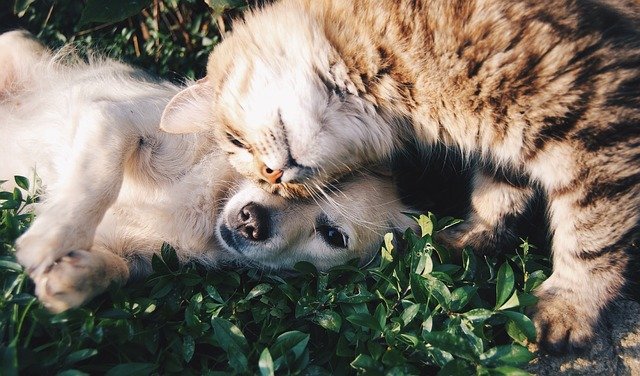The number of coronavirus cases in South Africa are on the rise, and the Animal Welfare Society (AWS) of South Africa is warning pet owners to put measures in place to ensure their animals are properly cared for in the time of a pandemic.
“The Animal Welfare Society of South Africa (AWS SA) joins the Humane Society of the United States and The Association for Animal Welfare Advancement in suggesting pet owners create a preparedness plan that includes their pets in the event that they are impacted by the virus that causes COVID-19,” AWS said in a statement. “In addition to preparations typically recommended for any natural disaster threat, individuals with pets should identify family members or friends to care for pets if someone in the household becomes ill and is hospitalised.”
Make a preparedness plan for your pets:
– Identify a trusted family member or friend to care for your pets if someone in your household becomes ill or is hospitalised.
– Research potential boarding facilities to utilise in the event boarding your pet becomes necessary.
– Have pet crates, food and extra supplies for your pet on hand in case moving them becomes necessary or if the virus spreads in the community and it becomes necessary to reduce social exposure.
– All animal vaccines should be up to date in the event boarding becomes necessary.
– Ensure all medications are documented with dosages and administering instructions. Including the prescription from the prescribing veterinarian is also helpful.
– Pets should have identification including a collar with current identification tags and a registered microchip.
“The Animal Welfare Society of South Africa recommends staying diligent in preparations, but not overreacting to COVID-19 concerns,” AWS added.
By creating a preparedness plan ahead of time for the unlikely event it becomes necessary to put into motion, community members can do their part to ensure animal service resources do not become overwhelmed and their pets are spared unnecessary stress.
“The World Small Animal Veterinary Association states that there is no evidence that companion animals can be infected with or spread COVID-19. This is also the view of the World Health Organization,” it added. “As this is a rapidly evolving situation, people with confirmed COVID-19 should avoid contact with other people as well as pets.”
Picture: Pixabay

